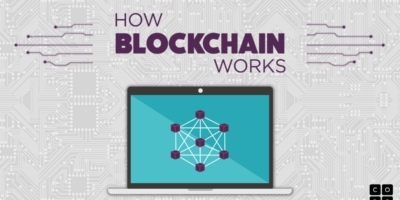
Hacking is a threat that haunts many websites and apps. Hackers are not content with just breaking into your account or stealing your data; they want to expose you and make it public, too. So what can you do to protect yourself? Here are some easy-to-follow steps anyone can take.
Have Strong Passwords
Passwords are the first line of defense for any data stored on a website. It can also be the most vulnerable one. Hackers typically make an effort to crack your password before trying to break into your account. They can use several programs and services to try thousands of passcodes per minute, so your password must be strong enough to resist such brute-force attacks. What’s a strong password? It combines upper and lower case letters, numbers, and symbols.
Have an Antivirus Software
Decent antivirus software should always be on your computer. It can prevent hackers from entering your computer, logging into your account, and stealing all the stored data. However, not all antivirus programs are safe – beware of a pirated version. Be sure to have a valid license as well.
Use Two-Factor Authentication
Two-factor authentication, which requires that you know the password and a secret code sent to your phone, should be the second line of defense. This will help protect you from account hackers and scammers who can’t wait to get into your account. It’s highly recommended that you enable this through an authenticator app, which can only be used with your phone.
Update Your Software
Keeping your software updated is a great way to protect yourself. The latest version will include several security and bug fixes, which will help you avoid unwanted attacks. Make sure to regularly check the website’s security policy so you don’t discover any new threats.
Change Your Password Regularly
If you keep track of all your passwords, you will know when one of your accounts has been compromised. Therefore, this should be the third line of defense. Moreover, regularly changing your password is a great way to protect yourself against hackers that might have managed to record or steal your old password. When choosing a new one, it’s highly recommended to choose a strong and unique password that can’t be easily guessed or cracked in the first place.
Avoid Phishing Scams
Phishing scams involve scaring you into giving away your personal information. They will try to trick you into submitting your credentials through bogus emails that seem official. They may even try to trick you into downloading a program that will supposedly protect you but is malware. Be careful of phishing messages; do not download attachments from unknown senders.
It would be best if you took extra measures to protect yourself from hackers. A secure internet connection is crucial, and choosing the right software will go a long way. Being aware of the scams out there can also help you prevent any attacks from happening in the first place.


